Mortgage Insurance
Mortgage insurance is a type of insurance policy designed to protect lenders in case borrowers default on their mortgage loans. It acts as a safeguard for the lender, providing financial coverage in situations where the borrower is unable to fulfill their payment obligations.
Mortgage insurance is a policy that protects lenders against the risk of a borrower defaulting on their mortgage loan. This type of insurance is typically required for borrowers who make a down payment of less than 20% of the home’s purchase price.
This insurance helps mitigate the risk associated with loans that have a higher loan-to-value (LTV) ratio or a lower down payment.

Key Statistics on Mortgage Insurance
Mortgage insurance enables more buyers to qualify for a home loan with lower down payments. Knowing the facts — from average costs to how many homeowners use it — can help you decide if it’s right for you.
Loan-to-Value Ratio (LTV)
Mortgage insurance is closely tied to the loan-to-value ratio, which represents the percentage of the loan amount compared to the appraised value of the property. For FHA loans, mortgage insurance remains in effect until the LTV ratio reaches 78%, while conventional loans may allow for the cancellation of mortgage insurance once the LTV ratio reaches 80%.
Benefits of Mortgage Insurance for Homebuyers
Lower Down Payment Options
Mortgage insurance enables homebuyers to purchase a home with a smaller down payment, often as low as 3% of the home’s purchase price.
Opportunity for Earlier Homeownership
With mortgage insurance, homebuyers can enter the housing market sooner.
Financial Flexibility
By allowing for a lower down payment, mortgage insurance provides borrowers with more flexibility in allocating their resources.
Competitive Interest Rates
With mortgage insurance, lenders can offer competitive interest rates to borrowers with lower down payments.
